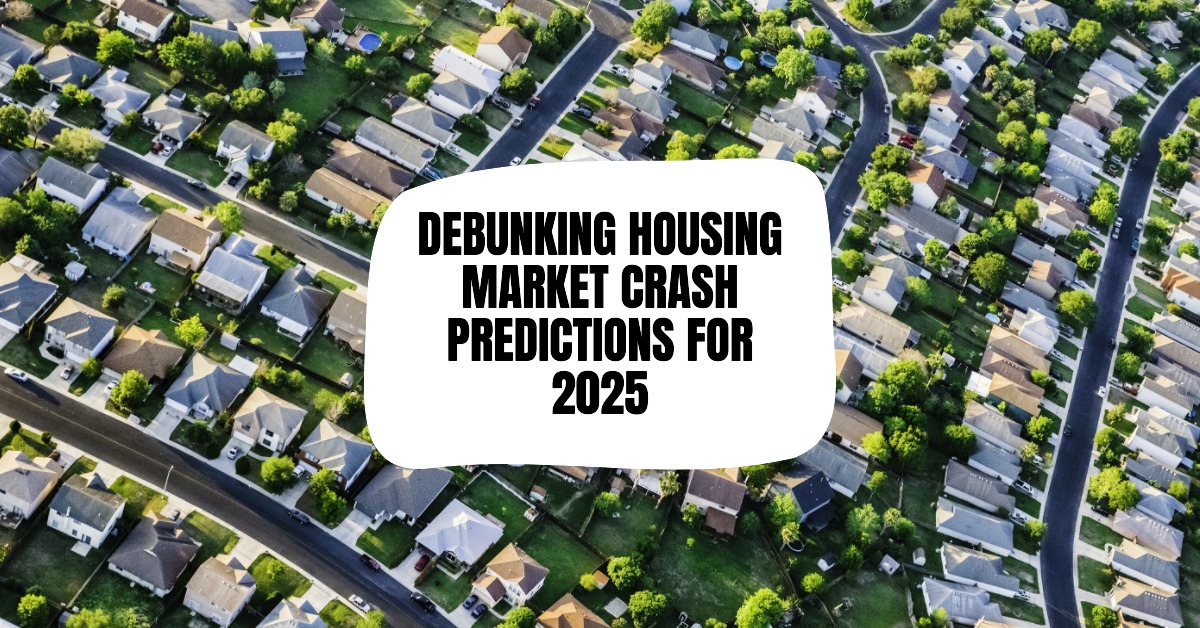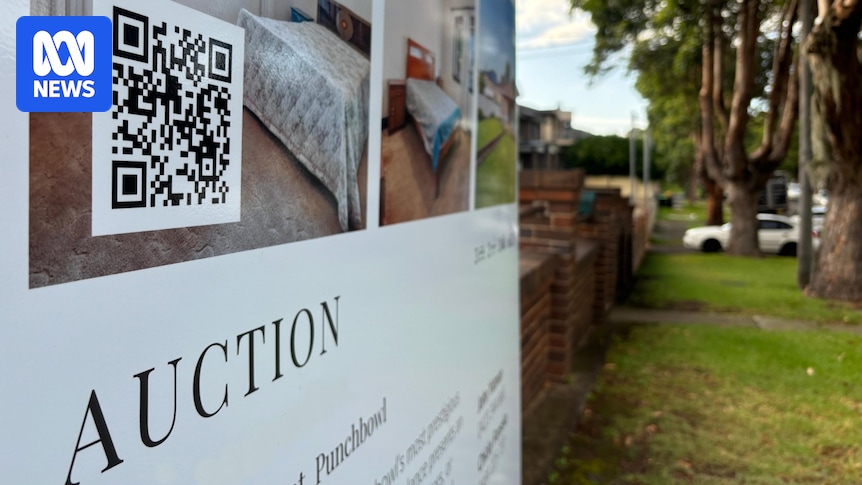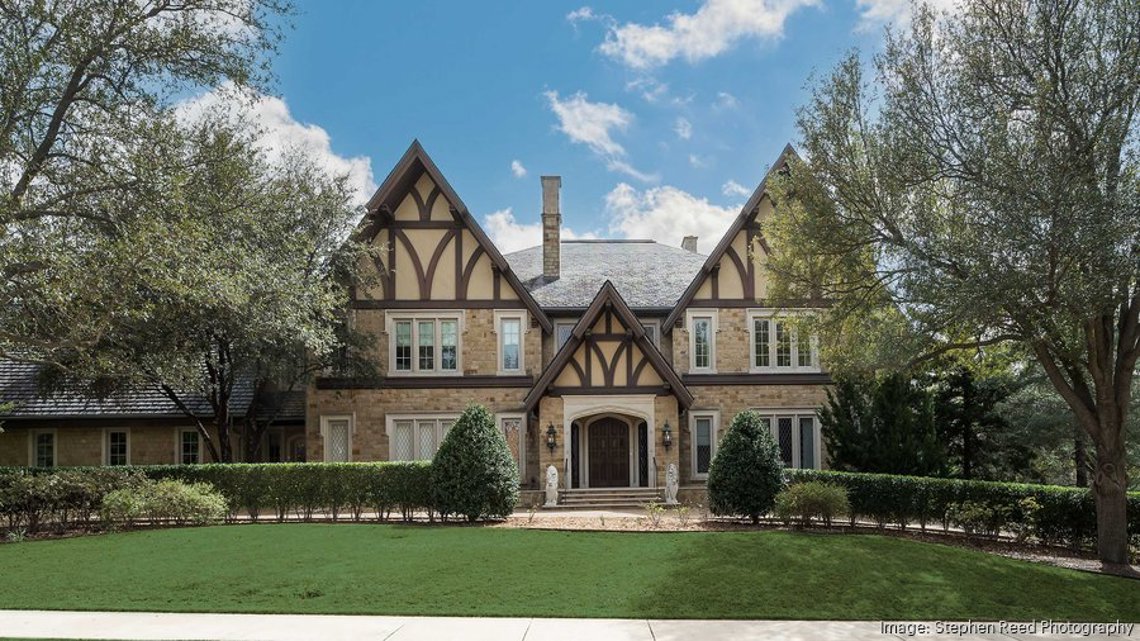A
re you feeling a sense of déjà vu about the housing market? The talk of a potential crash in 2025 is reminiscent of the anxiety surrounding the 2008 crisis. However, experts say that today's market is fundamentally different from its predecessor. While it's natural to feel uneasy, the evidence suggests that predictions of a significant housing market crash are largely overblown.
The main difference between now and 2008 lies in the supply and demand equation. In contrast to the oversupply of homes in 2008, we're currently facing a shortage of available houses in many areas. This is due to a slowdown in new construction following the 2008 crash and homeowners' reluctance to sell during times of economic uncertainty.
Other key differences include stricter lending practices, lower foreclosure rates, and more favorable mortgage rates. Lenders are now more cautious, borrowers face rigorous scrutiny, and people are largely managing their mortgage payments. This has resulted in a much more stable market than the one that crumbled in 2008.
A comparison of the two markets highlights the stark contrasts:
Feature
2008 Market
Current Market
Housing Supply
Massive Oversupply
Limited Supply
Lending Standards
Lax, Subprime Mortgages
Strict, Focus on Creditworthiness
Foreclosures
Skyrocketing
Comfortably Low
Buyer Demand
Driven by Speculation
Driven by Need & Demographics
Mortgage Rates
Rapidly Increasing
Historically Manageable
While the data points to a very different scenario than 2008, it's essential to acknowledge that psychology plays a significant role in the housing market. The fear of a repeat of 2008 can create unease and uncertainty, potentially contributing to a slowdown.
However, by focusing on real underlying fundamentals, we can see that the likelihood of a major collapse like the one in 2008 is very slim. A low inventory of homes available for sale, combined with more responsible lending practices, means prices are unlikely to plummet dramatically.
In conclusion, while there may be some moderate price corrections in certain markets, a catastrophic crash is highly improbable. The market right now is far more stable than it was in 2008, and we're not seeing the same reckless lending that fueled the previous crisis. By staying informed about market trends and potential economic shifts, focusing on long-term goals, and relying on real data, we can approach the housing market with a clearer and more confident outlook.














